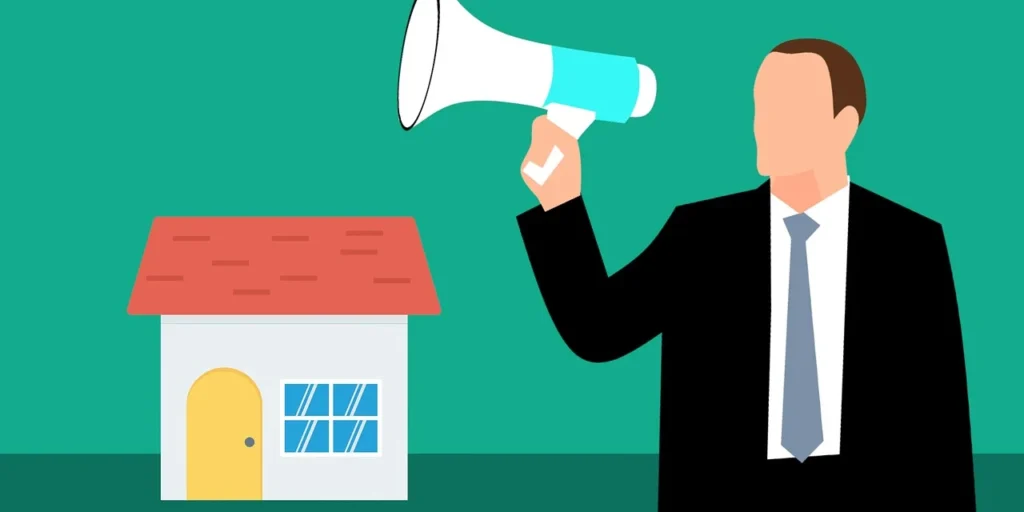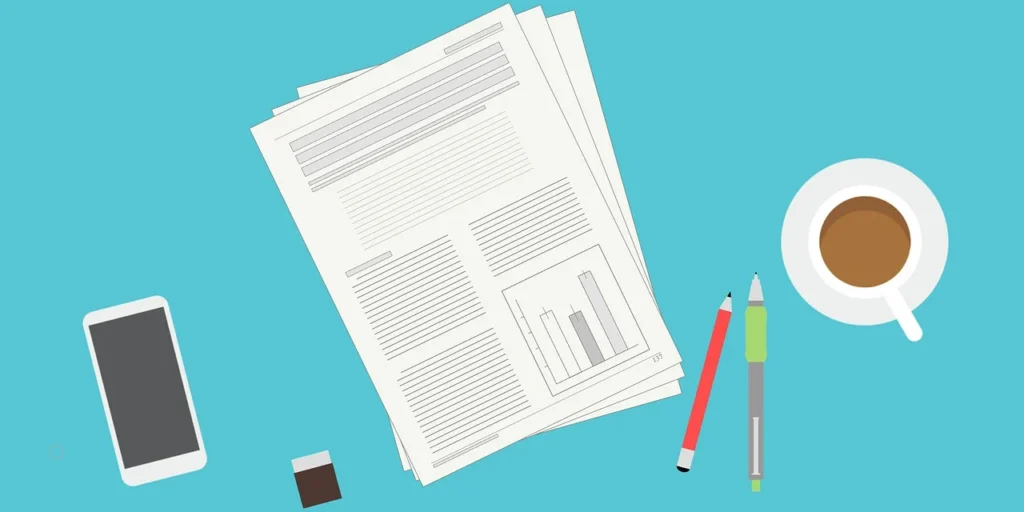Have you ever had that feeling that your mind was racing? I found out recently that technically our minds are always racing. Thoughts, in the form of neural activity, travel along neurons at speeds up to 250 mph! All that activity takes energy. Even though the brain accounts for about 2% of your body weight, it uses 20% of your body’s energy and oxygen intake. Given all that activity, it might surprise you that your brain is also lazy, always taking shortcuts when it can. There is a word which describes many of these mental shortcuts…heuristics. The problem with heuristics is that they frequently include systematic errors called bias.
If you have a brain, you are biased. You can’t help it. Without mental shortcuts we would never get anything done. It is the helpful aid of heuristics that keeps you from taking hours to mentally process how to get dressed in the morning. Life without these mental shortcuts isn’t an option, it is hardwired into our DNA. So, like it or not, we all have to deal with cognitive biases, too.
The majority of cognitive biases are unconscious and mostly harmless. These systematic errors in thinking may result in suboptimal outcomes, but in a way that has minimal impact. Grocery stores capitalize on these minor systematic errors all the time. Where is the item with the highest profit margin? Eye-level. What is the price for that cake…$20? Nope, $19.99. Those placement and pricing tactics both play on minor unconscious biases.
Though often benign, sometimes our biases can be more harmful. The consequences of those thinking errors sometimes hurt ourselves or others. We may jump to conclusions about someone’s intent, or even their intelligence, based on misperception. Sometimes we may have an awareness of these biases, but often we do not.
None of us was born into a vacuum. We were all born into our own unique circumstances. From the moment we drew our first breath, our minds were racing to make sense of the world around us. As we grew, we had experiences, some good, some bad, but all contributed to neural networks and patterns of thinking. Our parents, friends, culture, personalities, and experiences all combined to create our unique blend of heuristics and biases. So many factors which contributed to the formation of our biases, even the harmful biases, are largely beyond our control. This is a human condition.
This human condition is important to keep in mind when we as humans have to deal with more harmful forms of bias. There are a few things which aren’t helpful. Accusing someone of bias and trying to shame them for it isn’t helpful. While it is true that other people are often more aware of your bias than you are, that doesn’t give them permission to judge you. Of course, the converse is also true, making it important to look at yourself with that ‘critical eye’ before turning it outward toward others. It is here that relational proximity is critical. It takes someone close to you, who cares about you, to help you become aware of your own bias. When an accuser doesn’t really know you, or is accusing you as a member of a group, their accusation is almost always laced with their own biases. Unfortunately, in our world, accusations tend to come from those with their own skewed perspectives, with an underlying denial of our shared human condition.
Although accusation is out of our control, what is in our control is how we respond to it. It is here that slowing down our thinking can be very helpful. In his book, “Thinking, Fast and Slow”, Daniel Kahneman breaks our thoughts down into two systems. System 1 is fast thinking, the world of heuristic and bias, the world of unconscious choices. System 2 is the world of slower dedicated thought, the purposeful engagement of our mind toward something to be understood, interpreted, or solved.
When we are accused of bias, System 1 kicks in and we feel shame or maybe embarrassment and want to react defensively. “You’re crazy! I’ve never been biased in my whole life! You just hate [people group]!” If we give voice to that reaction, we are likely to elicit the same defensive reaction from our accuser. Nothing changes. Everyone remains unconscious of their own potential biases (both the accuser and accused), and the cycle is perpetuated. Instead, we can consciously engage System 2. We can slow down and think about how we are perceiving the situation, trying to be conscious of our thoughts and feelings. This could look like slowing down before responding and thinking “I don’t feel like I’m biased in this situation. Do they see something that I don’t? Could there be even a small sliver of truth in what they said?”
This is where it gets good. Mere conscious awareness immediately changes things. The System 1 heuristic/bias may remain in place, but consciousness allows us to ask questions of ourselves which engage System 2. The engagement of System 2 alone takes the heuristic, and therefore the bias, out of the equation (unless your bias is truly consciously chosen, which is a topic for another day).
Let’s take this into the practical world of real estate appraisal. There is great debate in the appraisal community with regard to bias, particularly racial bias. The accusation has been made largely from people who may not really know a single appraiser or understand the appraisal profession or process. The accusers are largely acting out of their own set of biases. So, each of us has a choice of how to respond. Of course, the accusation is twofold, systemic and personal (there is always a personal component, since every system is a system of humans). Let’s set aside our opinions on how best to respond to the accusation of systemic bias and focus on personal bias. Let’s consider a real-life scenario where a good, well-intentioned appraiser allows System 1 thinking drives the process, and another where System 2 thinking is engaged.
Scenario 1
I arrive at a house in a neighborhood in a community where demographically most owners are recent immigrants from a country which has customs far different from my own culture. As a good appraiser, I know that type of demographic information doesn’t belong in the appraisal, so I put that out of my mind. As a good person, I dismiss the possibility that the nationality of the homeowner would ever influence my report or analysis. I complete my inspection in exactly the same way that I would for any other home, complete the appraisal and send it to the client. Could bias have influenced the report? Probably not, but I’ll never know because I wouldn’t pause to consider the possibility.
Scenario 2
Knowing the demographics of the neighborhood, I take some time on the drive to consider my thoughts and experiences. I remember that my first boss was from the country where many of the residents are from. I also remember that my boss was condescending and unkind, and I notice feeling tense at the memory. When I arrive at the house, I remind myself that the occupant is not my boss and extend a kind greeting. I remember that it is rude in that culture to wear shoes in their home, so I remove them before being asked. I notice that the house has a particular style of tile floor which I don’t personally like, although it is clearly new. I make a note to check if my reaction to the floor is my personal preference, or if it reflects the preference of the market for this home. After completing the inspection, I pay particular attention to data which suggests that the particular style of tile is common in that neighborhood and data suggests a premium for that new floor. I reflect the premium in my appraisal and send it to the client. I also remember that the owner was very kind, not at all like my old boss. They mentioned how they appreciated me removing my shoes and offered me a drink before leaving.
Did the appraisal change from scenario 1 to scenario 2? Maybe…maybe not. What did change was my thinking, allowing me to thoughtfully consider a potential bias, and also allowing my brain to explicitly process a positive interaction in contradiction to a prior negative interaction (with my old boss). Maybe I grew a little as a human. The other thing to notice is that it likely also changed the homeowner’s experience in a positive way. Maybe that change in the homeowner’s experience challenged their own bias. Maybe the world just got a little better.
It’s hard being human. Our brains are working hard to make sense of this world that seems to spin faster every day. Sometimes our brains take a bad shortcut, and our thinking gets a little skewed. When that happens, let’s all show each other the benefit of the doubt…maybe a little grace, too.








